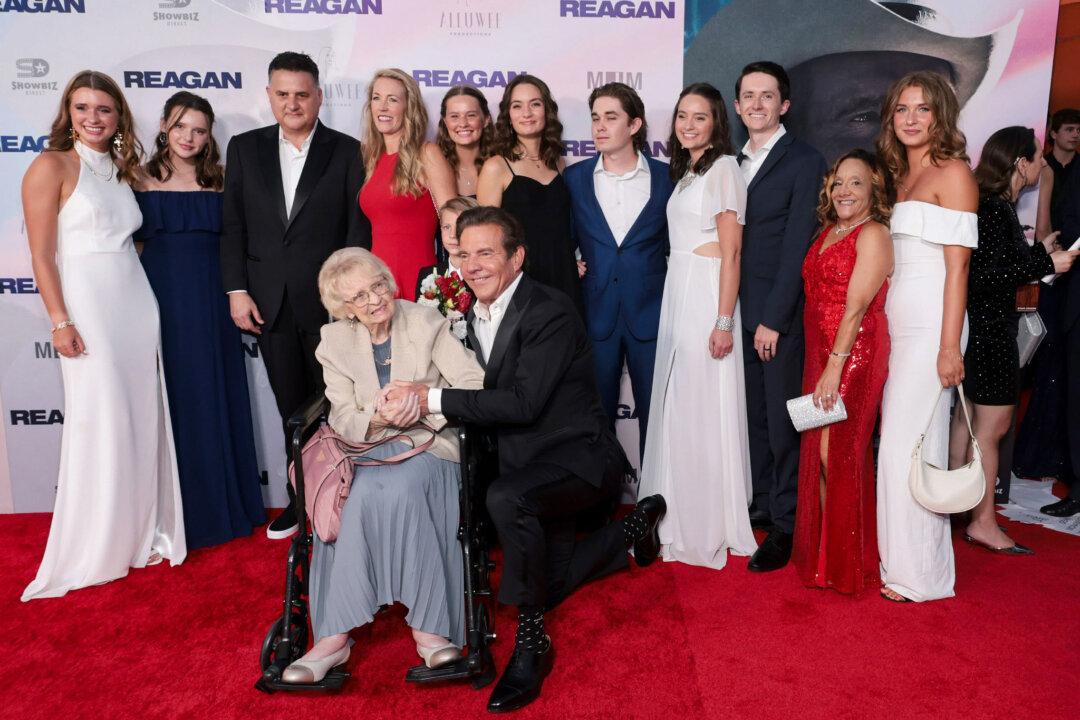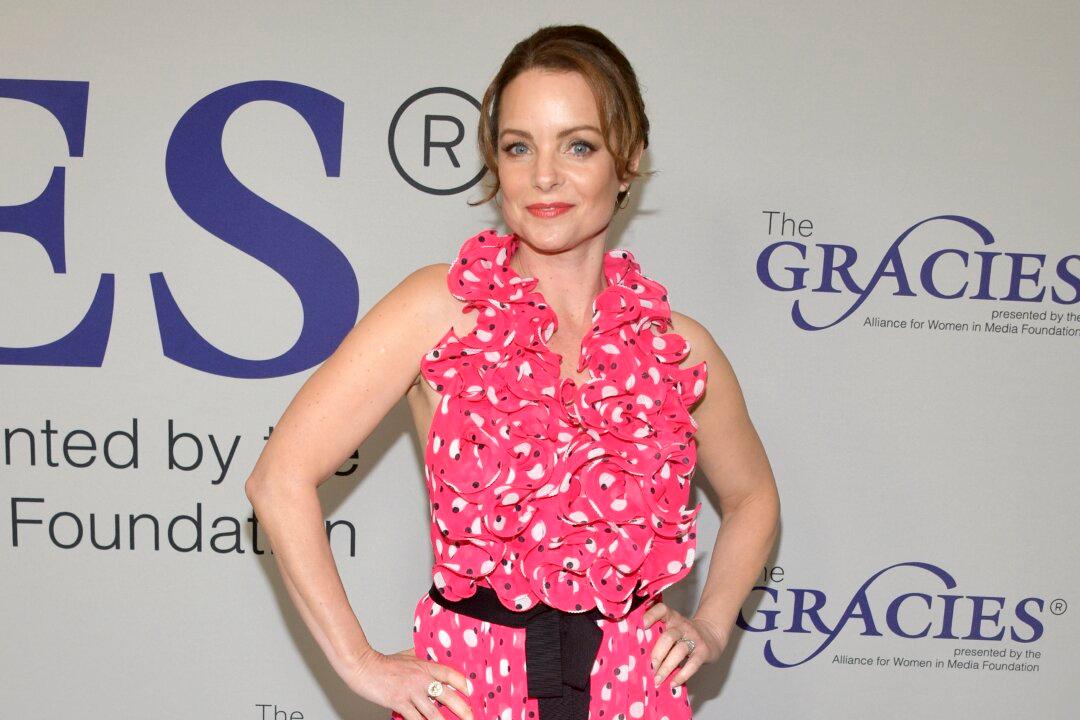Billy Dee Williams’ recent comments on actors using blackface in acting roles reignited a debate about artistic license and racial representation in Hollywood. During his appearance on Bill Maher’s “Club Random“ podcast, the actor expressed his openness to actors using blackface, referencing Laurence Olivier’s portrayal of Othello in the 1965 film adaptation.
A veteran actor, Mr. Williams is best known for his role as the charismatic Lando Calrissian in the Star Wars franchise. He originated the role in the original trilogy and reprised it for “The Rise of Skywalker” in 2019.
“If you’re an actor, you should do anything you want to do,” Mr. Williams told Mr. Maher.
“He stuck his ass out and walked around with his ass, you know because black people are supposed to have big asses … I thought it was hysterical. I loved it. I love that kind of stuff.”
Emerging in the 1830s in New York City, minstrel shows were a form of theatrical entertainment featuring white performers in blackface makeup. These performers mimicked and caricatured enslaved Africans, often portraying them as lazy, uneducated, superstitious, and prone to exaggeration. A key figure in this movement was Thomas Dartmouth Rice, who in 1830 created the widely popular character “Jim Crow,” solidifying the use of blackface and negative stereotypes.
Hollywood screen legends such as Shirley Temple, Mickey Rooney, and Judy Garland donned blackface in films like the 1938 production of “Everybody Sing.”
Mr. Williams’s amusement at Sir Olivier’s stereotypical portrayal reflects a bygone era in Hollywood, where such depictions were commonplace, with Mr. Maher adding, “Here’s the thing: today, they would never let you do that.” However, the fight for accurate and respectful representation has gained significant traction in recent decades.
Mr. Maher joined in, referencing Bradley Cooper’s prosthetic nose controversy from his role as Leonard Bernstein in “Maestro,” highlighting the ongoing debate over cultural sensitivities in casting choices. In the case of Mr. Cooper’s portrayal of Leonard Bernstein, the Bernstein family publicly expressed their support, indicating they did not find the use of prosthetics to be offensive.
Mr. Williams’ advocacy for artistic freedom highlights the ongoing tension between artistic expression and social responsibility.
“If I’m going to be creative, let me be creative as an individualist. I don’t want to do anything based on this whole idea that ‘you’re a black person, you’re a white person’ and things of that nature,” Mr. Williams told the podcast host. “I’m an artist. I’m a creative entity in this life.”
Back in 2007, Angelina Jolie faced scrutiny over her role as Mariane Pearl in “Mighty Heart” claiming the actress was wearing “brownface.” Ms. Pearl is of Afro-Cuban and Dutch descent. In the film, Ms. Jolie wore a curly wig and spray tan. Ms. Pearl specifically chose Ms. Jolie to portray her in the film.
Recently, movie audiences have expressed dissatisfaction with replacing actors of different races in films, including remakes. For example, an online campaign aimed at Halle Bailey’s portrayal of Ariel in “The Little Mermaid” included the #notmyariel hashtag on social media.
This comes as movie studios like Disney have attempted to become more diverse, especially with casting choices. However, in an interview with Financial Times, Disney CEO Bob Iger noted: “Why do I have to have a Marvel that’s all women? Not that I have anything against women, but why do I have to do that? Why can’t I have Marvels that are both? Why do I need an all-Black cast?”





